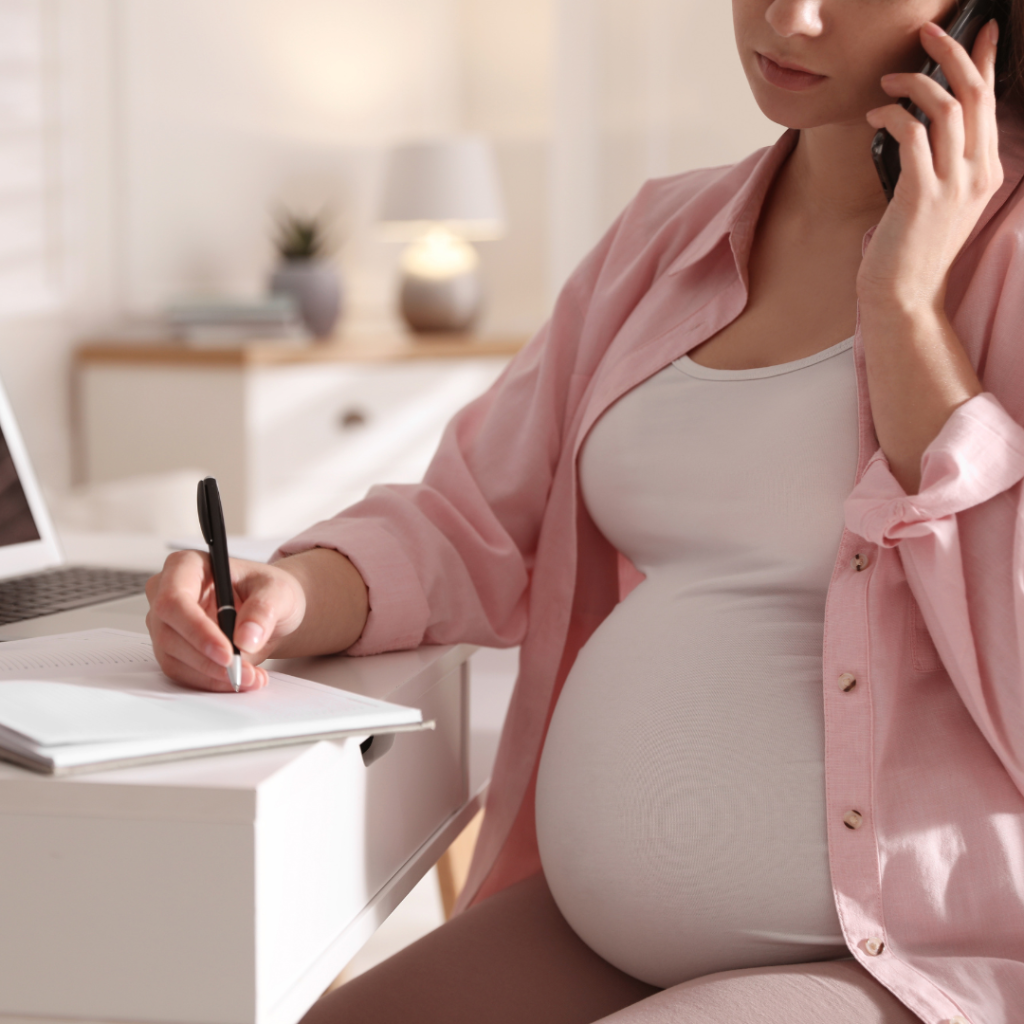It is unlikely that any area of work has gone unaffected by the Coronavirus outbreak and it would be understandable if you are feeling particularly vulnerable within your employment. There may have been a dramatic reduction in workload, staff shortages or a change in the work environment. Our aim is to assist you with the concerns and issues you may have because of this.
It is important to note that government advice is available here to explain what you should do if you are experiencing symptoms or if someone within your household has symptoms and this should be followed.
However, we can provide advice when it comes to your employment.
My employers want to make redundancies due to the downturn in work, can they?
The government is asking employers to consider Furloughing their employees before looking at redundancies if there is no work available, however, there is no legal obligation on them to do this.
Employers are able to make redundancies throughout the Coronavirus pandemic, however, the process remains the same as always and this must be followed. They must also use a fair selection process. If you think your employer has not followed a correct process when making redundancies, you can contact us on 0114 3032300 for further advice.
Will I be sacked if I refuse to Furlough?
Your employer must obtain your consent for you to be put on Furlough as this is a variation to the terms of your employment. Therefore, this issue alone would not be grounds for a fair dismissal, however, it may be the most advantageous option available to you.
Your employer may choose to lay you off without pay, contract permitting, or look to make you redundant if you do not wish to be Furloughed. This would be taking all circumstances into consideration.
I’m nervous to attend work in case my employer is not being safe, what can I do?
Your employer should be taking all reasonable steps to make your workplace safe and in line with government guidelines. Where possible, social distancing measures should be observed, and sufficient handwashing facilities made available. Currently, the government have not advised that workplaces need to be shut down if the virus has been present and therefore any request for you to attend work would be legitimate. If you were to refuse to return to work this could result in disciplinary action.
If possible, you can request to work from home, and we would advise that you speak to your employer in regard to your concerns.
Can I be sacked for refusing to wear a face mask?
It is a legal requirement for staff in some workplaces to wear a face covering. Some people are exempt from the requirement to wear a face covering’s in situations where they have a reasonable excuse.
As defined by regulations applicable to England and Scotland a ‘reasonable excuse’ preventing someone from wearing a face-covering could be one or more of the below:
- A physical or mental illness or disability; or
- Because wearing a face mask could cause serve distress, due to a few different reasons.
If an employee refuses to wear a mask, the employer should carry out further investigations into the reasons why this may be. If it is because of one of the above reasons, and the employer decides to dismiss you in any event, you may be able to look at claims for disability discrimination or unfair dismissal. Each case needs to be evaluated on its own merits and therefore a dismissal such as this does not form a precedent for another case or employee.
I have symptoms but will I be paid to self-isolate?
If you have symptoms you must self-isolate for at least 10 days. You must not attend work and must inform your employer of your symptoms. In cases of COVID-19 Statutory Sick Pay is now payable from day 1 of your sickness absence, this is paid at a rate of £95.85 a week.
Of course, you may be entitled to contractual sick pay and we would advise you to check your contract and speak to your employer.
Someone in my household has symptoms and I have to stay at home, can I be sacked?
Following government guidelines, most employers are encouraging employees to self-isolate for 10 days if someone in their household has developed symptoms. However, this is only guidance and is not legally enforceable.
Employers are being encouraged to maintain a safe workplace, which would include sending those home who have potentially been in contact with the virus and this is something they must consider, however again is not legally enforceable.
There are a number of factors that must be taken into consideration to assess whether a dismissal was ‘fair’. Nevertheless, those without unfair dismissal rights (less than 2 years’ service) will find themselves potentially vulnerable.
Can my employer force me to have a COVID-19 test?
Government guidelines require anyone with COVID-19 symptoms to have a test immediately. As always, employers have a duty of care to ensure they protect the health and safety of their employees, and therefore it is likely to be a reasonable instruction for an employer to ask an employee to have a test before coming to work.
Although it may be reasonable for an employer to ask an employee exhibiting symptoms to get a test, it may not be considered as reasonable for the employer to require an employee to be tested if they have not experienced any symptoms at all.
Whether testing is reasonable, will depend on the extent to which the risk of COVID-19 cannot be managed in the workplace by other measures, such as social distancing and remote working.
What happens if I refuse to take a COVID-19 test, can my employer sanction me?
Before an employer can consider taking any disciplinary action against an employee for refusing to consent to a test, they must consider an individual’s personal circumstances and any mitigating factors they may have.
Can my employer force me to have the Coronavirus vaccine?
Employers are likely to be in favour of all their employees being vaccinated, but not all employees will be as keen. There will be workers who are concerned about the vaccine and would prefer not to have it, for various reasons. What happens in this situation? Can an employer (or indeed the Government) force them to have the vaccine? This blog explores that scenario.
Employers can’t rely on the Government making vaccination compulsory. Despite some rumours circulating on social media, the Government has no legal powers to do this and has stated they have no intention in making it compulsory.
What do I do if my employer sends me home without pay?
In most cases, if you are willing and able to work and your employer sends you home then you should be paid in full. If you are not paid this may give rise to a potential claim for an unlawful deduction of wages, or if you were to resign as a result of this, constructive dismissal.
You may need to check your contract to see if your employer has the right to send you home or ‘lay you off’ without pay. If you think you may have suffered an unlawful deduction from your wages, please contact us.
Can my employer force me to work from home?
There may be a mobility clause within your contract that would allow them to do this, however even without this in the current circumstances it is likely to be a reasonable request. This would mean that if you were to refuse, they may be able to pursue disciplinary action against you.
It is important to remember that everyone’s circumstances differ, and you may require specific advice. For example, if you have been employed for more than 2 years, your position would be different to those with shorter service.
Please do not hesitate in contacting us on 0114 3032300 if you think you may wish to pursue a claim or email us on [email protected]







